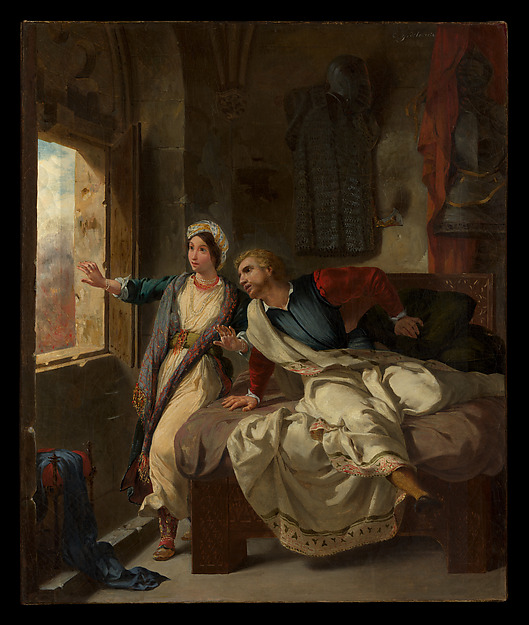Classic poem of the day
" PRECIOUS ! " says Mrs. Goog. And, " Love! " cries he,
And smacks his liar's lips against her face.
" Sweet Dove! " — and then they clinch in close embrace.
He's thirty-one, and she's turned fifty-three;
She makes him pet her when there's company.
" My Angel! " " Little Wife! " — and all men trace
The hatred crawling through his forced grimace;
Some day he'll kill her to be rich and free.
If I am on Goog's jury then, he'll han......
Member poem of the day
When the night folds in, love becomes light—
a lantern burning in places where sight fails.
It whispers that blindness is not emptiness,
but a faith stitched into the unseen.
Each breath feels braided with another’s,
woven tight through ache and radiance,
through the storm and the stillness—
a fabric both fragile and unbreakable.
Love charts no straight line.
It is a map inked with desti...
...